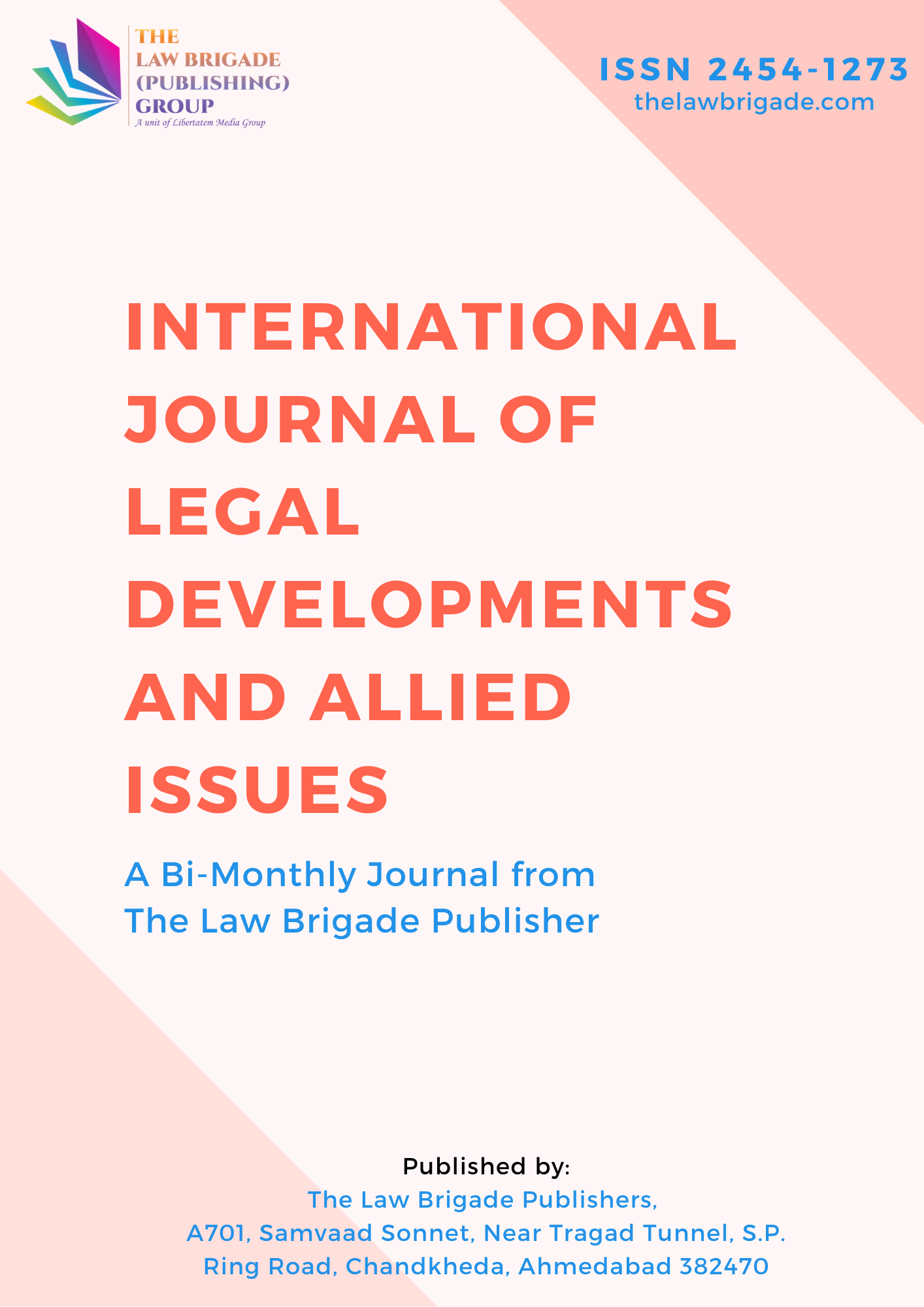The phenomenal rise of the telecommunications industry resulted in the significant growth of society as a whole. The focal masseur that has been taken by the advancement of contemporary technology has made a significant contribution to the worldwide society’s advancement. However, governments must take measures to maintain a smooth and harmonious condition of development in the telecommunications industry. The formation of the “TRAI” (Telecom Regulatory Authority of India) in India has secured this. The government had enlisted the help of a masseur to form this organization in order to settle a disagreement in this industry. This body was created to oversee India’s telecommunications sector, judge disputes, hear appeals, and defend the interests of both service providers and their customers. The Act also encourages the telecommunications industry to expand in a controlled manner. The TRAI body is made up of a Chairperson and no more than four members, half of whom work full-time and the other half part-time. The Chairman shall be a serving or retired High Court judge, and the members should be well-known in the telecommunications sector, finance, accounting, law, management, and consumer affairs, and have relevant expertise. Because of its rules and regulations, the TRAI Act of 1997 has provided several benefits to the telecommunications sector. Operational costs and other expenses formerly faced by operators have been dramatically reduced, resulting in increased development of the economy in the country. The Act allows a public stakeholder organization to incorporate other groups, such as private corporations, policy organizations, academics, and others, in the government’s decision-making process, resulting in a more inclusive society. We may confidently predict that, given the growing rise of arbitration, this mechanism would be useful in resolving any complicated issue developing between telecom sectors.
Telecom Disputes & Newer Methods of Dispute Resolution
Publication Information
Journal Title: International Journal Of Legal Developments And Allied Issues
Author(s): Debangshu Chakraborty
Published On: 11/04/2022
Volume: 8
Issue: 2
First Page: 58
Last Page: 65
ISSN: 2454-1273
Publisher: The Law Brigade Publisher
DOI Not Allotted [Get DOI]
Cite this Article
Debangshu Chakraborty, Telecom Disputes & Newer Methods of Dispute Resolution, Volume 8 Issue 2, International Journal Of Legal Developments And Allied Issues, 58-65, Published on 11/04/2022, Available at https://ijldai.thelawbrigade.com/article/telecom-disputes-newer-methods-of-dispute-resolution/
Abstract
Keywords: Telecom disputes, ADR, Dispute Resolution, TRAI





